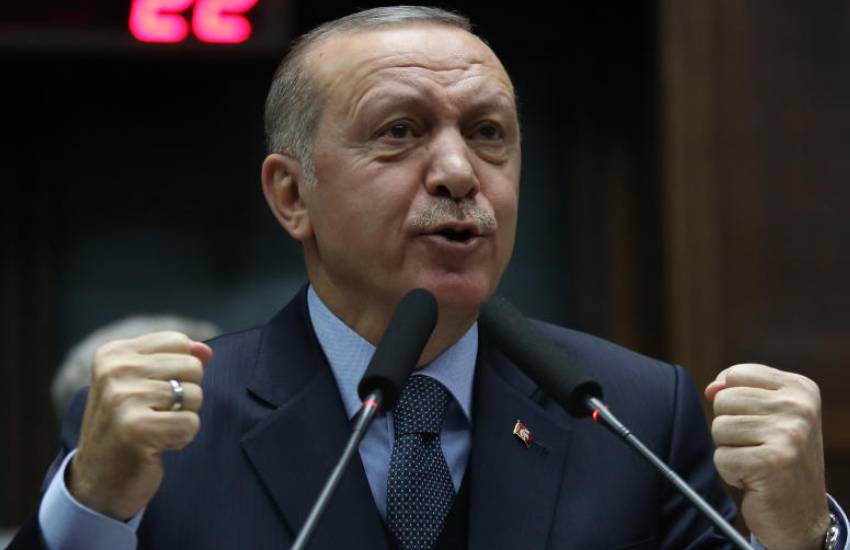×
The Standard e-Paper
Smart Minds Choose Us

Despite its fury with the United States for calling the Ottoman massacre of Armenians a genocide, Turkey is for now avoiding a showdown which could hurt its fragile economy and scupper hopes of better ties with US-allied Arab states.
President Tayyip Erdogan angrily condemned Joe Biden’s characterisation of the killings a century ago, saying the US president should “look in the mirror” and examine the fate of Native Americans wiped out by settlers who founded his country.